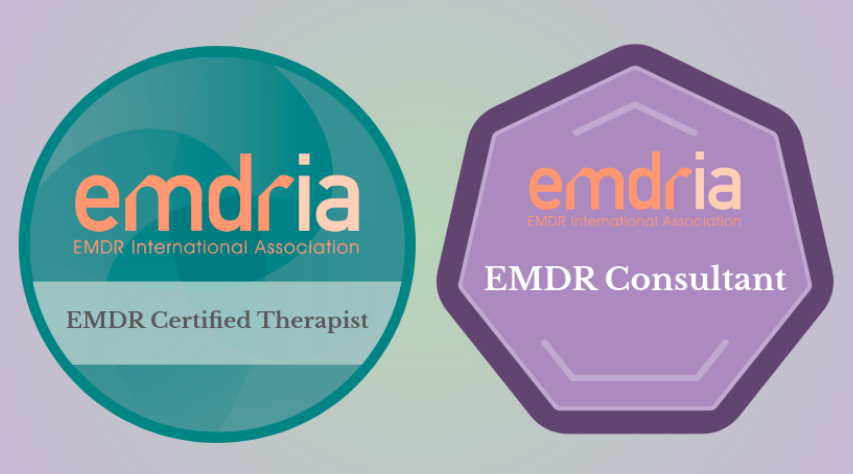My professional background is a pretty straight forward one- I was one of those rare people that knew what I wanted to do when I grew up and never diverted. I started college in Michigan and fairly quickly learned I would fare better scholastically without frostbitten feet. I finished up my Bachelor of Social Work (BSW) from the University of North Carolina at Charlotte in 1994. Soon after my BSW, I graduated with my Master of Social Work (MSW) from the University of Denver (CO) in 1997. I received my initial LCSW (License of Clinical Social Work) in 2000 and have held an LCSW in NC, OK, and now GA. My current license is #4444 with the state of Georgia.
I have worked within substance abuse, community mental health, group home, day treatment, schools, and foster care settings. I have been a supervisor in different settings. But, for about twenty years now and most of my professional career, I have been working independently in private practice with individuals, couples, groups, and families. The business name that I use is Clinical Conversations Inc.
Typically, I am drawn to the therapy approaches that are fairly “structured”, have solid efficacy, and feels congruent to my personality style and experiences. The psychotherapy modalities I have specialized training and predominantly utilize are Cognitive-Behavioral (CBT), Dialectical Behavioral (DBT), Eye Movement Desensitization Reprocessing (EMDR), the parts therapies of Structural Dissociation, Ego State, and Internal Family Systems (IFS), the up-and-coming trauma therapy of Deep Brain Reorienting (DBR), and Art and Group therapies. I have taken the advanced steps to receive my Certification in EMDR and Approved Consultant (AC) status from EMDRIA. As an consultant, I am part of a select group of EMDR therapists pursuing the highest standards for the clinical use of EMDR and can provide consultation to therapists in this approach. All in all, I have received and continue to receive a lot of clinical consultation and also provide it for others.
My Approach: Many times, my initial goals for therapy are to assess your positive coping skills and to add to that toolbox. I may utilize cognitive and behavioral approaches to see if how your thinking, patterns of behavior, or unhealthy coping may be exacerbating symptoms. If making adjustments in those areas are not offering us dramatic results, I ask clients to allow therapy to go deeper to explore the root of issues (typically childhood, trauma, or parts work).
I have a brain that hardly rests. I work hard but also try to stay active outside of work. I like to travel, hike, walk my dog, go to concerts, hangout with my family and friends, and, boy, do I love to plan. I always have a project, an outing, an activity, presentation, new challenge, group, etc that I am stirring on. But I also know I need to learn to relax and chill more.






